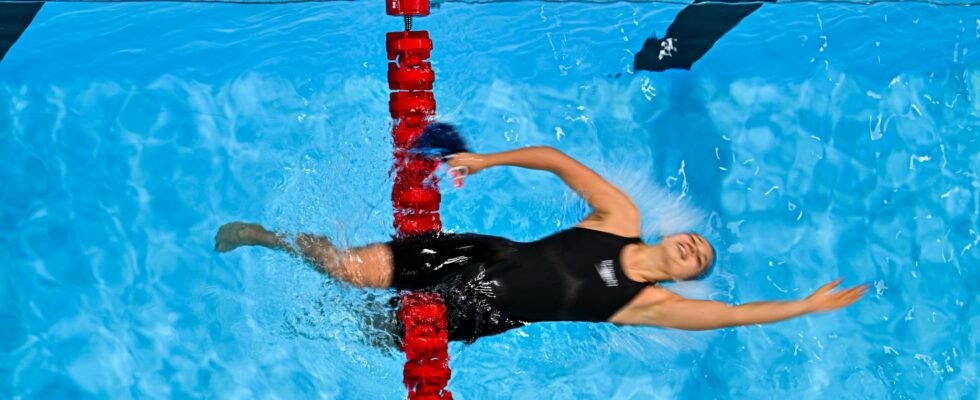Welcoming Paralympic athletes from all over the world and the magic of this edition, we experience it with pride and a lot of emotion. The spotlight is on sport and people with disabilities. In this respect, this edition is a success, it advances visibility, talks about the successes and life experiences of people affected by disabilities, moments so rare in the media and societal space.
But this celebration of sport, performance and people with disabilities should not stop there… Because this festive moment must not make us forget the aftermath and the subject of equality in sport and in the practice of daily physical activity which cannot, must no longer be optional but effective.
The ambition that the organizers have set for the legacy is important, but the momentum must not fade. There is a huge amount of work to be done across the country to adapt our cities, our facilities, our transport, our public services, our practices, our businesses to accommodate and make physical and sporting activity accessible to us, people with disabilities.
Daily medication
We are not all destined to participate in the Paralympic Games, but we all have a destiny to move or practice a sport in parasport structures, according to our choices and respecting our self-determination.
The importance of physical activity for all should not be underestimated for our physical and mental health, it allows us to strengthen interaction with others, able-bodied or not.
This daily medication should be available to everyone. According to the French Handisport Federation, 90% of people with disabilities think that it is necessary to practice physical activity, but today too many of them find themselves prevented from doing so. To remove the barriers and encourage practice, the promotion of physical and sporting activity and its accessibility for this public are therefore essential.
Recently, at the French Mutualité in our annual observatorywe highlighted the importance of physical activity to combat the danger of a sedentary lifestyle and inactivity for our health (chronic diseases and in particular cardiovascular conditions). This truth in the general population is even more glaring for people with disabilities and particularly for women.
Actors and people with disabilities have in mind anger and disappointment: the 2005 law is still not fully effective. Nineteen years later, too many injustices persist. The self-determination of people and the challenge of universal inclusion must be at the heart of our concerns.
So on the evening of September 8, the closing of the Paris 2024 Paralympic Games and with the arrival of a new government, let’s mobilize the various stakeholders to ensure that everyone can practice the physical activity of our choice in France.
The physical, psychological and social well-being of people with disabilities requires it!
Eric Chenut is president of the National Federation of French Mutualism.
